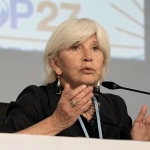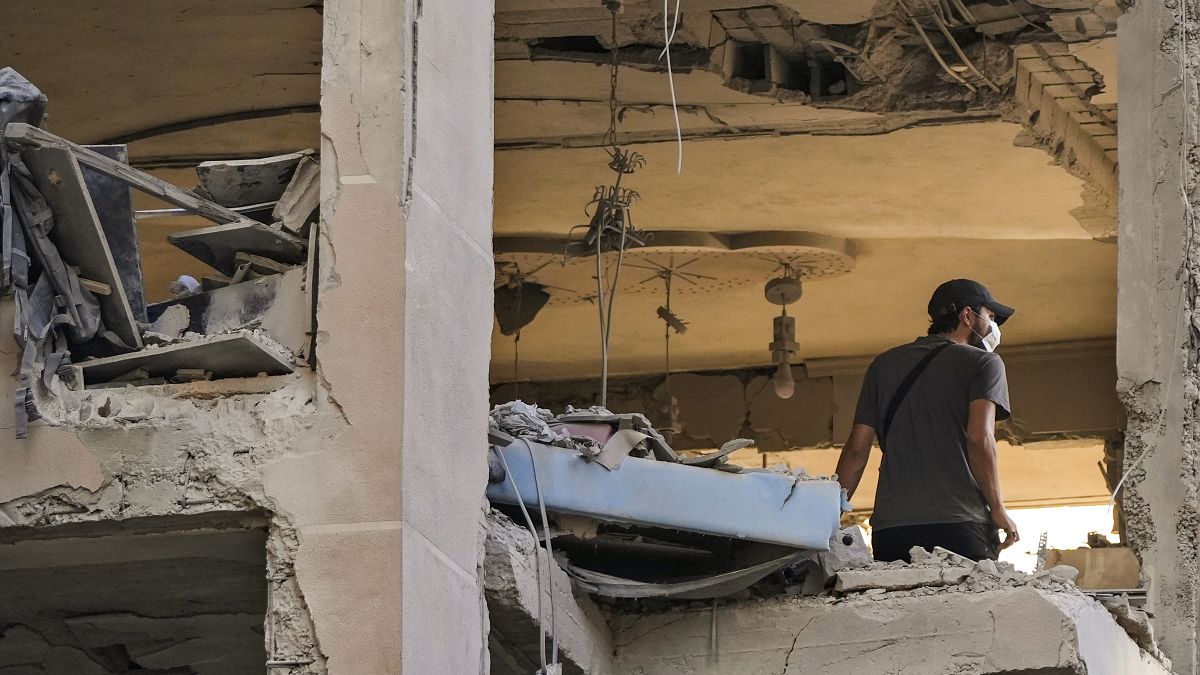Established in 1978, the United Nations Interim Force in Lebanon (UNIFIL) has more than 10,000 peacekeepers from 50 countries who regularly patrol the Blue Line, the UN-drawn border between Lebanon and Israel. Their main objective is to de-escalate tensions between the two sides. However, since the 2006 war, Lebanon has never witnessed such a tense situation as it is facing now. Israel has launched a new wave of attacks across Lebanon, resulting in over 600 casualties and more than 90,000 newly-displaced people, as reported by the International Organization for Migration.
Speaking to Euronews, a UNIFIL spokesperson described the challenges the mission is currently facing. The intensity of bombardments has reached unprecedented levels compared to the last 13 months, with cross-border firing not stopping since last October. This has disrupted the peacekeeping mission’s activities, as troops remain mainly in the 50 bases close to the Blue Line. The spokesperson emphasized the importance of mediation activities carried out by the Head of the mission with the support of the international community to help monitor the situation.
Israel is reportedly preparing for a ground invasion, raising concerns about what could happen next. However, the UNIFIL spokesperson stated that the mission will remain in place, as it did during Israel’s invasion in 2006. The peacekeeping mission could only be removed if conditions become so severe that it cannot operate, a decision that would be taken by the Security Council. The spokesperson emphasized the importance of implementing resolution 1701, which could help bring an end to the conflict and ensure a weapon-free zone.
Efforts to de-escalate tensions and find a resolution to the conflict are ongoing through mediation efforts by UNIFIL. Dialogue is maintained with the Lebanese army, authorities, Hezbollah, and the Israeli army to mitigate risks and seek a peaceful solution. Despite the seriousness of the situation, the peacekeeping mission remains focused on facilitating negotiations, offering humanitarian aid to the local population, including medical assistance and support to hospitals. Many villages in the South have been abandoned, with displaced people moving to Beirut or northern areas.
In response to ongoing hostilities, Hezbollah claimed to have targeted the Mossad headquarters with a missile fired towards Tel Aviv, which was intercepted. The US and France have called for a 21-day ceasefire, while Israel has rejected the proposal, vowing to continue its fight against Hezbollah. The proposal for a ceasefire highlights the willingness of other countries, including Italy, to find a regional solution to the conflict. The situation in Lebanon remains serious, but efforts are being made to find a peaceful resolution through dialogue and mediation.










